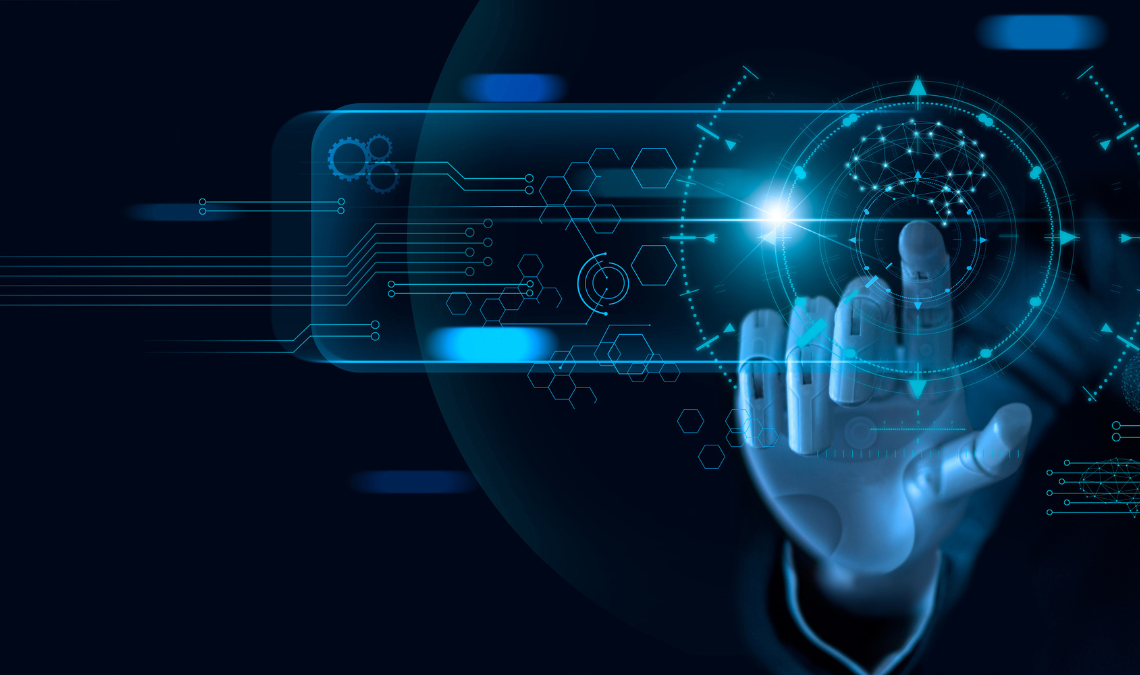
In today’s fast-paced world, where technological advancements are reshaping every aspect of our lives, the field of education stands at the forefront of innovation. Among the most promising developments is the integration of Artificial Intelligence (AI) into the educational landscape. As we look to the future, it becomes increasingly clear that AI will play a pivotal role in shaping the way we teach and learn. Let’s delve into why AI is set to become an indispensable tool in education and explore some compelling examples of its potential.
First and foremost, AI has the remarkable ability to personalize learning experiences. Traditional one-size-fits-all approaches to education often leave students feeling disengaged or overwhelmed. However, with AI-powered adaptive learning platforms, students can receive tailored instruction based on their individual needs and learning styles. For instance, imagine a student struggling with algebra concepts. AI algorithms can analyze their performance and provide targeted exercises and explanations to reinforce weak areas. Conversely, a student who excels in certain subjects can be challenged with more advanced material, ensuring they remain engaged and motivated.
Moreover, AI can revolutionize the assessment process, offering educators deeper insights into students’ progress and areas for improvement. Automated grading systems powered by AI can efficiently evaluate assignments, quizzes, and exams, freeing up valuable time for teachers to focus on providing personalized feedback and support. This not only streamlines the grading process but also enables educators to identify learning gaps early on and intervene proactively to address them.
Furthermore, AI can enhance collaboration and communication in the classroom. Take, for example, language learning platforms equipped with AI chatbots. These chatbots can engage students in interactive conversations, providing instant feedback on pronunciation and grammar. Additionally, AI-driven virtual reality (VR) simulations can create immersive learning environments where students can explore complex concepts in a hands-on manner. For instance, medical students can practice surgical procedures in a risk-free virtual setting, honing their skills before entering the operating room.
Beyond the confines of the traditional classroom, AI has the potential to democratize education on a global scale. With the rise of online learning platforms, learners from diverse backgrounds can access high-quality educational resources anytime, anywhere. AI-powered language translation tools can break down language barriers, enabling students to engage with content in their native language. Moreover, adaptive learning platforms can cater to the unique needs of learners with disabilities, ensuring inclusivity and accessibility for all.
Furthermore, AI can assist educators in making data-driven decisions to improve learning outcomes. By analyzing vast amounts of student data, AI algorithms can identify patterns and trends that inform instructional strategies and curriculum development. For example, by analyzing student performance data, educators can identify which teaching methods are most effective and adjust their approach accordingly. Additionally, AI can help predict future learning trends, allowing schools to stay ahead of the curve and adapt their programs to meet evolving needs.
Despite its potential benefits, it’s important to acknowledge the challenges and ethical considerations associated with integrating AI into education. Privacy concerns, algorithmic bias, and the need for transparent decision-making processes are among the key issues that must be addressed to ensure responsible use of AI in education. Moreover, there is a risk of over-reliance on technology, which could potentially undermine the role of educators as facilitators of learning.
In conclusion, the integration of AI into education holds immense promise for revolutionizing the way we teach and learn. From personalized instruction to enhanced collaboration and global accessibility, AI has the potential to address some of the most pressing challenges facing education today. However, it’s crucial that we approach the adoption of AI in education thoughtfully and responsibly, mindful of the ethical implications and the need for human-centered design. By harnessing the power of AI to support and empower educators, we can pave the way for a more inclusive, adaptive, and effective education system for generations to come.
Log in or Sign Up at www.pandai.org | Download Pandai App now via Google Play or App Store
Follow us on our Social Media Now for more updates!
Facebook | Twitter | Tiktok | Instagram
#SenangJeNakPandai

